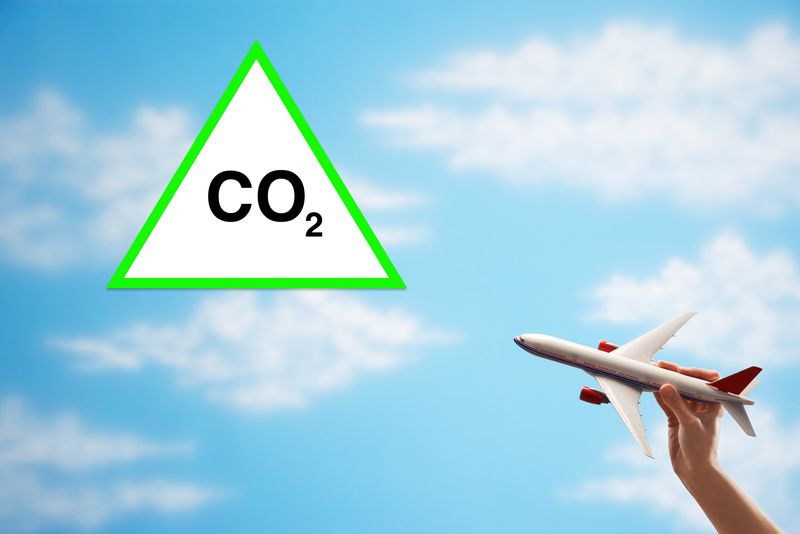- Home
- News & Events
- People Weekly News
- The 100 TXT Days: 4th week - By Tatiana Coviello, Group Chief People Officer
The 100 TXT Days: 4th week - By Tatiana Coviello, Group Chief People Officer
The 100 TXT Days: 4th week - By Tatiana Coviello, Group Chief People Officer

Weeks go by and my learning by listening continues.
I work in Smart working with a good alternation between office(s) (I told you about some of them in the previous weeks) and my office inside the house. We are still in a state of emergency, extended until the end of January 2021. A long winter for everyone, but also a time for everyone to reflect deeply, not so much on the "home-office" (and I write specifically home-office and not smart-working) in a period of emergency where we are all asked to be cautious, but to what we want our way of working to be or become.
In TXT we're off: all collaborators will have the opportunity to ask to work in smart working, starting on October 16th. Of course, the type of work to be carried out defines the parameters, and sometimes makes it impossible: be it for the client, the project, but also for the possibility of working independently with measurable objectives. Now, and in the coming weeks, we will see the requests that will arrive, but above all we will be called, as Management, to oversee a change of Mindset that embraces not only the idea of "where I work from" but also and above all "how I work".
This introduction is dear to me, because of how we are handling the issue in TXT and because this process we are facing makes me reflect a lot on many topics that go beyond a Regulation or an Individual Agreement: organizational development, values, change management, leadership but also and above all vision. That same vision so dear to all of us, and which is at the same time - in a moment of such great uncertainty - so elusive.
And so I quickly get to the first of the five things I learned this week:
- Vision is like a fascinating person: in the VUCA world, that of Volatility, Uncertainty, Complexity and Ambiguity, vision is like a fascinating person: it seems out of reach, but perhaps it is closer than we imagine, we just have to learn to connect all the dots that surround it, while having the flexibility of adding new ones.
- Roles in a time of uncertainty. The second thing I learned, and which is directly related to the first, is the definition of roles. I believe that there is no company out there having zero issues in defining roles, at this time or even in general. If on the one hand I am convinced that a clear definition of roles is linked to a clear vision, I am reflecting on a second aspect: in such a fluid and ambiguous world, how can we expect to have perfectly defined roles? It would be like trying to eat ice cream with a fork. Think about it.
- Aircraft doors and survival. Now let's talk about something softer, lighter, and more fun: I've been on an island. But now, with COVID? Yep. I learned to open the doors of an aircraft, I threw myself on a rescue boat out of the emergency slide, and attended a survival course on a desert island: thank goodness there was a lighter that allowed me to turn on the fire! Well, let's say that in virtual reality everything is a bit simpler, also because my clothes have remained perfectly dry!
- Cleaner skies thanks to our FPO. The fourth thing I learned is very practical: thanks to our FPO (flight profile optimiser) software, installed by an important airline, the American skies are much more cleaner: 20 million pounds of CO2 less, that is 2000 elephants, 7500 cars, or 250 subways. Our legendary David Green, project manager in Dallas, helped me with this math exercise. Get the idea? Not to mention the reduction of tens of thousands of flight minutes, and significant economic savings, especially in this period.
- Learning by sharing. Thinking about our collaboration with the Politecnico and Bicocca (two prestigious universities in northern Italy) for an important project on the Malpensa airport, and which deals with noise pollution, I asked myself: how is useful innovation supposed to be nowadays? And so I came across a beautiful article by Professor Roberto Verganti, from the Politecnico. Basically, learning by trying no longer works, the "fail fast and do it again" method, which was fine until the change was fast but linear, is no longer valid today because we do not have the resources to do it, we risk losing speed and also productivity. Covid-19 has taught us that we are all interdependent and that, to quote the French philosopher Edgar Morin, humanity shares a common destiny. This is where innovation should start, rethinking "learning by trying" with "learning by sharing": putting knowledge as a common denominator to "really innovate", as Alf Rehn writes in his book. Therefore, making an innovation that both is useful for the community and of value, for everyone, not just for the wallet of some.
The challenges for next week (there's never a shortage of those):
1. Understand the budgeting process (a job that is not only administrative but strategic);
2. Answer the most frequently asked questions that emerged after the communication of the Smart Working Regulations;
3. Begin to set the strategic levers that can guide a budgeting process in HR and communication.
#learning by sharing